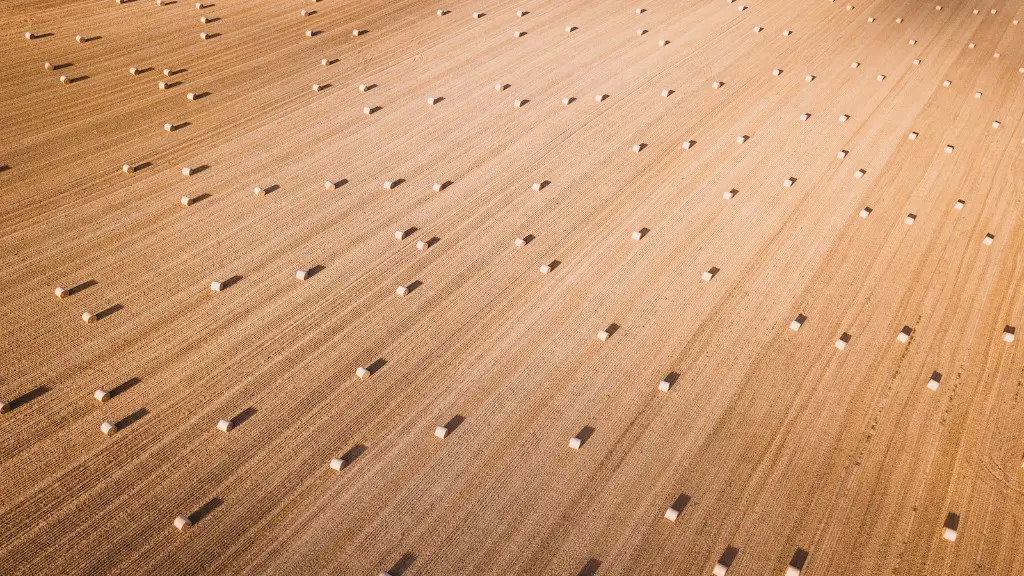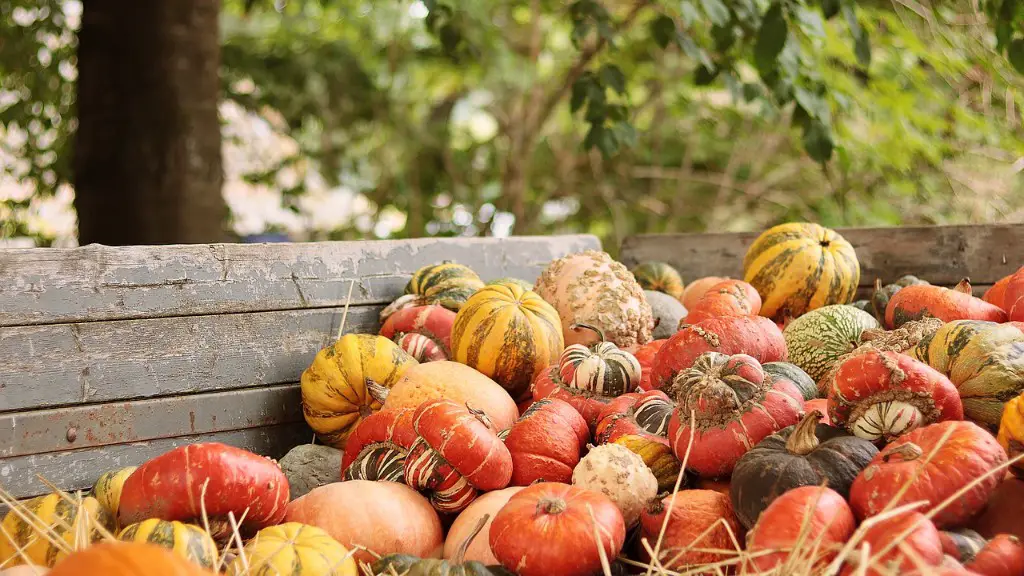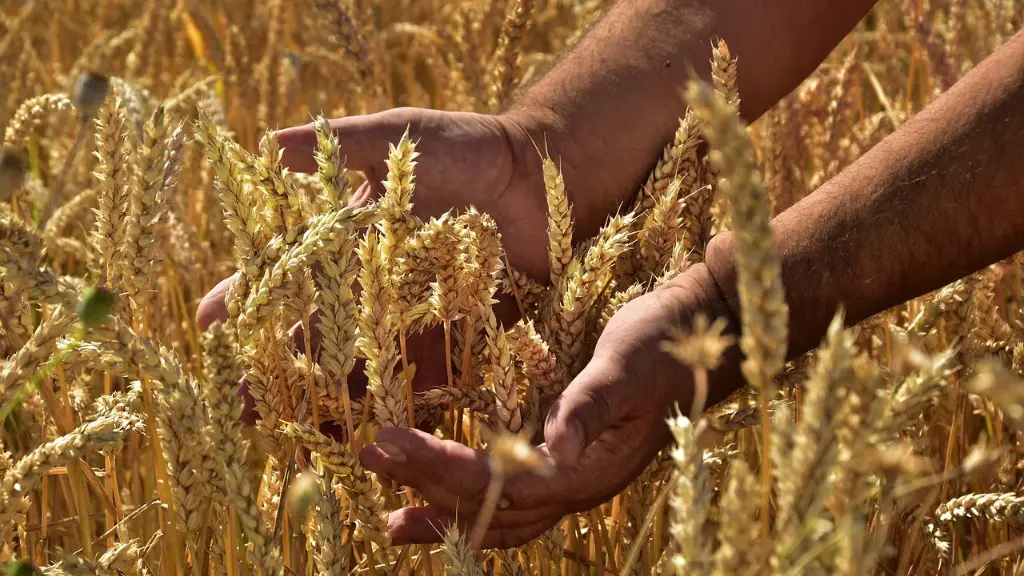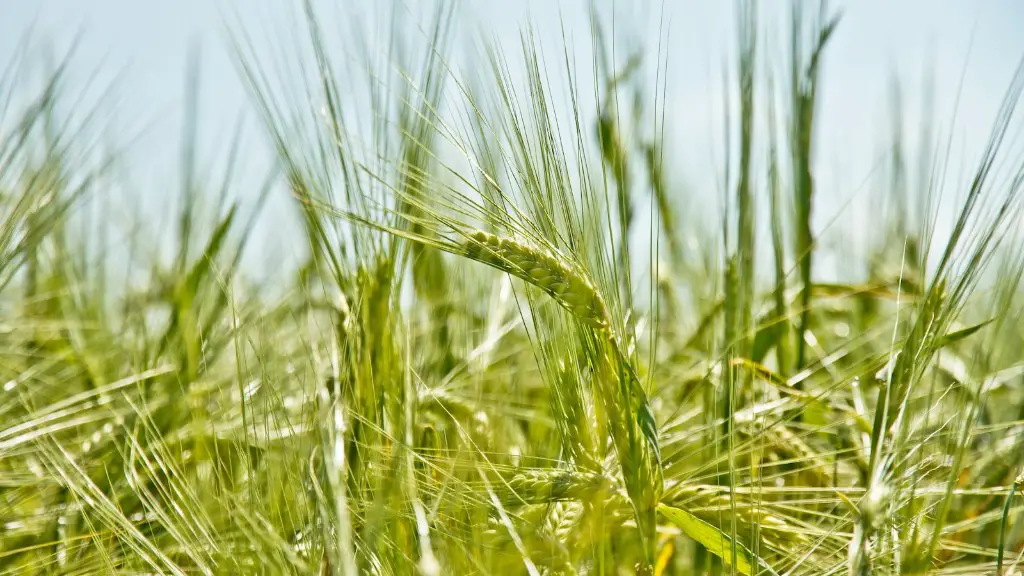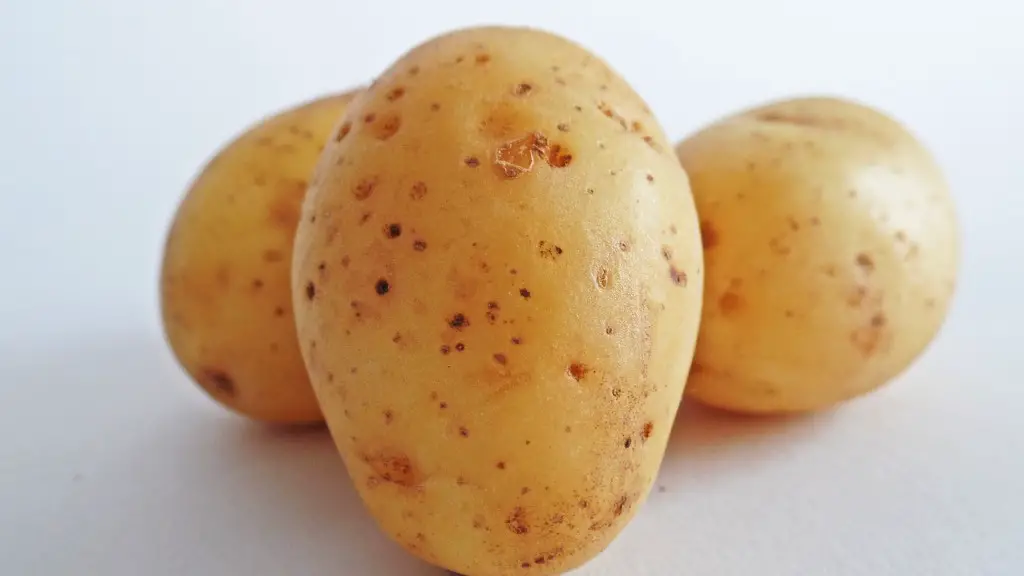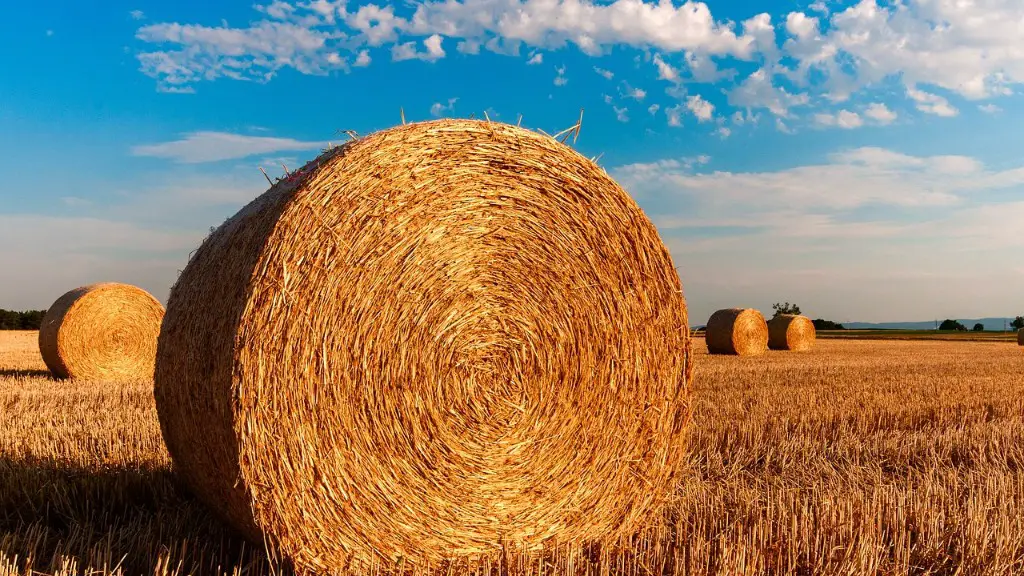The revolution in agriculture was a necessary prerequisite to the industrial revolution. Without the increased efficiency in food production, the industrial revolution would not have been possible. The industrial revolution led to a population explosion and the need for more food. The agricultural revolution increased food production and paved the way for the industrial revolution.
The Agricultural Revolution was a series of changes in the way that crops were grown and animals were raised that led to increased productivity and a larger food supply. These changes laid the foundation for the Industrial Revolution, which would lead to even greater changes in the way that goods were produced.
Why was the Agricultural Revolution necessary?
The Agricultural Revolution was a pivotal moment in human history, and set the foundation for what we know as modern human life. The ability to stay in one general area and cultivate our own food made life much more manageable, and contributed to the growth of human society in terms of culture, technology, and more.
The Agricultural Revolution was a period of significant agricultural development that occurred during the 18th and early 19th centuries. The Agricultural Revolution saw a increase in agricultural productivity and a decrease in the agricultural share of the labor force. This led to an increase in the urban workforce, which was essential for the Industrial Revolution.
Could the Industrial Revolution have happened without the Agricultural Revolution
The agricultural revolution increased production of food on farms, which in turn led to a rise in population. This made more people available to work in the factories, and thus made industrialization of Great Britain possible.
The Industrial Revolution was a big turning point for many aspects of human life, and the overall standard of living. Agriculture changed a lot during this time too, because of new technology, like the seed drill and the Dutch plough. This technology increased human productivity, so there was more food produced.
Was the Agricultural Revolution a positive or negative change?
The Agricultural Revolution in Britain proved to be a major turning point, allowing population to far exceed earlier peaks and sustain the country’s rise to industrial preeminence. It is estimated that total agricultural output grew 27-fold between 1700 and 1870 and output per worker at a similar rate. The Agricultural Revolution led to increased food production, which in turn allowed for population growth and the rise of industry. The increased food production also allowed for increased trade and commerce, which further fueled the country’s economic growth.
The Agricultural Revolution of the 18th century was a period of significant agricultural development that saw a number of new farming techniques and improved livestock breeding. This led to increased food production, which in turn allowed for a population spike and increased health. The new farming techniques also led to an enclosure movement, which saw the enclosure of previously open land for private use.
How did the Agricultural Revolution contribute to the Industrial Revolution quizlet?
The Agricultural Revolution led to the Industrial Revolution by increasing the supply of food and the population of England. This resulted in increased demand for goods, and small farmers lost their land to enclosed farms and became factory workers.
This is a really interesting topic! It’s amazing to think about how different our history could have been if we had made a different choice all those years ago. It’s also a great reminder of how important it is to think about the long-term consequences of our actions.
Why the Agricultural Revolution was the worst mistake in history
Farming helped bring another curse upon humanity: deep class divisions. Hunter-gatherers have little or no stored food, and no concentrated food sources, like an orchard or a herd of cows: they live off the wild plants and animals they obtain each day. When farming was developed, it allowed for the growth of cities and the rise of civilizations. But it also created a new class of people: the landowners. These people had control over the food supply, and they used this power to exploit the masses. The poor were forced to work the land for the wealthy, and they were often starved and mistreated. This led to a huge rift between the rich and the poor, and it is one of the reasons why we have such inequality in the world today.
The agricultural revolution had a variety of consequences for humans. It has been linked to everything from societal inequality—a result of humans’ increased dependence on the land and fears of scarcity—to a decline in nutrition and a rise in infectious diseases contracted from domesticated animals.
What are 3 results of the Agricultural Revolution?
The Agricultural Revolution was a period of unprecedented increase in agricultural production in Britain, between the mid-17th and late 19th centuries. This was linked to new agricultural practices, such as crop rotation, selective breeding, and more productive use of arable land. These innovations allowed for more efficient farming, which led to increased crop yields and improved livelihoods for those involved in agriculture. The Agricultural Revolution was a key factor in Britain’s economic and industrial success in the 18th and 19th centuries, and had a significant impact on the country’s social and political history.
The Agricultural Revolution was a time of experimentation with new crops and new methods of crop rotation. These new farming techniques gave soil time to replenish nutrients, leading to stronger crops and better agricultural output. Advancements in irrigation and drainage further increased productivity.
What are 3 reasons why agriculture is important
Agriculture is important for a number of reasons. It is the main source of raw materials for many industries, it is important to international trade, and it plays a big role in a nation’s revenue. Additionally, agriculture provides employment for many people, and it is crucial to a country’s development. Additionally, agriculture can help heal the environment, and it goes hand-in-hand with war.
When agricultural operations are sustainably managed, they can have a number of positive impacts on the environment. This includes Preserving and restoring critical habitats, help protecting watersheds, and improving soil health and water quality. However, unsustainable practices can have serious negative consequences for people and the environment. The need for sustainable resource management is therefore becoming increasingly urgent.
What was the major result of the agricultural and industrial revolutions?
The Industrial Revolution was a time of great change for the economy. It shifted from an agrarian economy, where products were made by hand, to a manufacturing economy, where products were made by machines. This led to increased production and efficiency, lower prices, more goods, improved wages, and migration from rural areas to urban areas.
The freedom to roam and explore vast territories was stripped away, leaving a majority of peasant farmers to sweat in the fields owned by a relatively small ruling class The Agricultural Revolution was a trap. The ancient’s pursuit of an easier life resulted in much hardship. The Agricultural Revolution led to the rise of civilizations, but it also resulted in the loss of freedom for many people.
Conclusion
No, the agricultural revolution was not necessary to the industrial revolution. The industrial revolution was caused by a number of factors, such as the development of technology and the growth of trade.
The revolution in agriculture was necessary to the industrial revolution because it increased the food supply, which allowed for the population to grow and the industrial revolution to occur.
